Christmas Dinner 2013
A traditional Christmas dinner organised by the Volta Students' Union (VSU) will take place in College on Tuesday the 10th of December. As in previous years the event will be set on the ground floor in the area adjacent the Great Court. For further details of the time of the event and the cost of the tickets College students and staff may contact any member of the VSU Committee.
Reports 2013/14
Six postgraduates and post-doctoral fellows who studied in College during the academic year 2013/14 have requested confirmation of their College placements for 2013/14. They include two PhD students registered with the University of Pavia (D Molognoni and F Ruberto), a postgraduate research fellow (MC Renna), two postgraduate medical students (C Sgarlata and L Vecchia) and a post doctoral fellow (M Caricato) in Synthetic Chemistry (supervisor: Dario Pasini, Department of Chemistry).
Marco Caricato, post-doctoral fellow, Synthetic Chemistry
(supervisor: Dario Pasini, Department of Chemistry)
The objective of my research is the incorporation of BINOL-based molecular modules, acting as a “robust” source of chirality, into homochiral, shape-persistent macrocycles, in which self-recognizing units are present in the molecular backbone in order to assemble helical nanostructures. Constructing abiological helices might have potential applications in the area of chiral separation, asymmetric catalysis and electrooptic materials. The “one-pot” synthesis of several homochiral macrocycles has been achieved by using π-electron-rich, electron-deficient or extended aromatic dicarboxylic acids in combination with an axially-chiral dibenzylic alcohol, derived from enantiomerically-pure BINOL. Two series of cyclic adducts with average molecular D2 and D3 molecular symmetries, respectively, have been isolated in pure forms. Their yields and selectivities deviate substantially from statistical distributions. NMR and CD spectroscopic methods are efficient and functional in order to highlight the variability of shapes of the covalent macrocyclic frameworks. The larger D3 cyclic adducts exhibit recognition properties towards C60 in toluene solutions (up to log Ka = 3.2) with variable stoichiometries and variable intensities of the charge-tranfer band upon complexation.
Homochiral BINOL-based macrocycles with p-electron-rich, electron-withdrawing or extended spacing units as receptors for C60, M. Caricato, S Díez González, I. Arandia Ariño, D. Pasini, Beilstein J. Org. Chem., 2014, 10, 1308-1316.
Juma R Mwaswere, CICOPS Fellow,
(supervisor: Marisa Arpesella, Department of Public Health)
I was privileged to visit the University of Pavia from Pwani University under CICOPS scholarship on an exchange programme. The Pwani University in Kenya is a young university that received its university status in January, 2013 having been a university college of Kenyatta University since July 2007. As a young institution, Pwani University endeavors to build its staff and collaboration with renowned institutions worldwide. Therefore the CICOPS scholarship that enabled this visit came in handy for me. The exchange program was for a period of two months and in this period my objectives were to work with the teaching staff in the school of Nursing and learn how they run the program, to visit the hospital department to experience how the theoretical teaching is being integrated at clinical areas, participate in activities within the host departments including research. During this period I visited the Department of Human Anatomy under Prof. Gaeta who took me through an elaborate tour of the Anatomy laboratory. I was also given an overview of how the medical and nursing students get to learn in the anatomy laboratory.
At the school of Nursing under Dr. Barbara Bascape, I was taken through the nursing program which was also one of the core objectives for me. I was able to observe a class learning sessions. I also visited the Hospital di Pavia where I had quite an exposure in the clinical teaching and the students’ clinical attachments in the hospital. While in Hospital I got the privilege to be taken to other various departments mainly the radiology, physiotherapy and pharmacy where I got a lot of insights into the running of the hospital coupled with the teaching of students. At the department of public health, experimental medicine and forensic science, under Prof. Marisa Arpesella I observed and got involved in the enormous research activities. In particular was involved in the assessment of physical activities among diabetes/obese individuals at Villa Esperezia hospital in comparison to normal weight individuals at the institute. I also got to participate in a National Sport scientific congress in which the department had organized. In the short period I have been, it is obvious that smoking is high with many people. I therefore undertook to carry out a project on the smoking habits specifically on nursing students and its impacts on their role as health ambassadors to the community. The survey intends to assess how smoking habits of the students shall impact on their role in health promotion activities related to tobacco smoking. At the Collegio A. Volta, it was very interesting especially after the inception of Volta International group and its inaugural activity of international dinner. With this I felt part of the Volta society in real sense. I am proud to be among the founding members of this group. I will remain part of this Collegio A.Volta as an alumni.
Daniele Molognoni, PhD student, Engineering
(supervisor: Xxxxx Yyyyyyy, Department of Engineering)
Prior to my current PhD, I obtained an MSc in Environmental Engineering at the University of Pavia In October 2011 with a thesis on “Measurement of the impact force of debris flows on scaled models of defense works”. From November 2011 I am a PhD student in Engineering at the Department of Engineering of the University of Pavia and my research focuses on Bioelectrochemical Systems (BESs) for resources recovery from polluted water/air. In essence I research on Microbial Fuel Cells (MFCs) for the direct recovery of electrical energy from wastewaters (Capodaglio et al., 2013c). A Microbial Fuel Cell is a device capable of directly converting the chemical energy contained into a generic fuel in electricity, through the mediation of exoelectrogenic bacteria. These bacteria act as catalyzers of one or both the reactions of fuel oxidation and oxidant reduction. When wastewater is used as fuel, MFCs perform wastewater treatment while recovering energy, thus leading to the possibility of energy-producing wastewater treatment plants (Capodaglio et al., 2013a, 2013b). For this reason, MFCs are considered to be an environmental friendly technology. The main drawbacks that delay their industrialization include the low current and power achievable and the long time needed for exoelectrogenic bacteria growth. Control tools as Maximum Power Point Tracking (MPPT) are under study in order to enhance MFCs electrical performances (Molognoni et al., 2014). Our experimental work demonstrated that MFCs are feasible for synthetic and urban wastewater treatment.
Capodaglio, A.G., Molognoni, D., Callegari, A., 2013a. Experimental MFC Application to Synthetic & Urban WasteWater Treatment, in: 1st AP-ISMET Meeting. Harbin, China.
Capodaglio, A.G., Molognoni, D., Callegari, A., 2013b. Long-term Monitoring of a Laboratory Scale MFC Treating Synthetic and Urban Wastewater, in: 5th World Hydrogen Technologies Convention. Shanghai, China.
Capodaglio, A.G., Molognoni, D., Dallago, E., Liberale, A., Cella, R., Longoni, P., Pantaleoni, L., 2013c. Microbial Fuel Cells for Direct Electrical Energy Recovery from Urban WasteWaters. Sci. World J.
Molognoni, D., Puig, S., Balaguer, M.D., Liberale, A., Capodaglio, A.G., Callegari, A., Colprim, J., 2014. Reducing start-up time and minimizing energy losses of Microbial Fuel Cells using Maximum Power Point Tracking strategy. Accepted for publication on J. Power Sources.
Maria C Renna, Postgraduate Research Fellow, Leukaemias
(supervisor: Mario Cazzola, Department of Molecular Medicine)
From the beginning of June I started a research grant titled “Identification of new therapeutic targets in chronic myeloproliferative neoplasms through an integrated biomolecular approach” at the Hematology Department of Policlinico San Matteo in Pavia (Prof. Mario Cazzola). Here my work consist in the study of the molecular basis of the myelodysplastic and myeloproliferative disorders for the development of new diagnostic and therapeutic strategies. The studies are conducted in collaboration with the Oxford Molecular Haematology Unit (Prof. Jacqueline Boulwood) , the Karolinska University Hospital in Stockholm and the Heinrich-Heine University in Duesseldorf. In particular now we’re studying the Jak2 gene mutations which plays a major role in the pathogenetic mechanism of these disorders. According to the World Health Organization (WHO) classification of tumors of hematopoietic and lymphoid tissues, myelodysplastic/myeloproliferative neoplasms are clonal myeloid neoplasms that have some clinical, laboratory, morphologic findings that support a diagnosis of myelodysplastic syndrome, and other findings that are more consistent with myeloproliferative neoplasms. These disorders include chronic myelomonocytic leukemia, atypical chronic myeloid leukemia (BCR-ABL1 negative), juvenile myelomonocytic leukemia, and myelodysplastic/ myeloproliferative neoplasms, unclassifiable. In 2005 by studying loss of heterozygosity (LOH) of chromosomes 9p our research group found that most patients with MPN carry the JAK2 (V617F) mutation. This somatic gain-of- function mutation provides a proliferative advantage leading to clonal proliferation of hematopoietic cells. Our research actually focus on myelodysplastic/ myeloproliferative neoplasms of adulthood, and in particular on chronic myelomonocytic leukemia. We are current studying familial MPN and by using high resolution SNP microarrays we are analyzing the genomic aberration that underlie leukemic transformation. Finally we are participating in clinical trials on the use of JAK2 inhibitors for treatment of patients with MPN. Recent studies have partly clarified the molecular basis of MPN, laying the groundwork for the development of molecular diagnostic and prognostic tools. We hope to make advances in understanding of the molecular basis of these dirorders to translate these into novel therapeutics.
Francesco Ruberto, PhD student in Economics and Management of Innovation (DREAMT)
(supervisor: Roberto Fontana, Department of Economics)
The next digital revolution, according to MIT’ s Neil Gershenfeld (Gershenfeld, 2005), is in the field of manufactured physical goods (personal fabrication). Gershenfeld and his colleagues have created so-called Fab Labs around the world: fabrication laboratories, equipped with digital fabrication machines (e.g. laser cutter, 3D router). Citizen inventors and tinkerers can use the Fab Lab for free or for a nominal fee to produce two-and three-dimensional parts that once could be achieved only using equipment costing hundreds of thousands of Euros. Fab Lab users share their ideas, designs and manufacturing experience with each other and with their counterparts at other Fab Labs around the world through web tools and videoconferencing. In particular, Fab Lab aims to empower entrepreneurs and artisans, and small- and-medium-sized enterprises (SMEs) to develop technological solutions as a means of solving local problems. Indeed, in the fast-changing and increasingly competitive global market, SMEs exert a strong influence on the economies of many countries through their ability to innovate new products and processes, have been the engine of economic growth and technological progress (Bruque and Moyano, 2007).
In my work, I focus on Italian SMEs. The SME sector in Italy was hit hard by the global recession of 2008-09. It experienced a brief period of recovery afterwards, but it lost momentum in 2012. The predominance of micro-enterprises in Italy is likely to affect significantly the rate of growth of the Italian SME sector. This is particularly so for knowledge intensive services and high-tech manufacturing sectors, where Italian SMEs of all sizes are below the EU average, especially in terms of added value. Considering all these facts, in my work, I review the conceptual arguments for the belief that Fab Labs may have a role to play in the Italian SMEs ecosystem. In fact, I investigate how SMEs look at Fab Labs for developing their own products, reduce the time-to-market for a sustainable competitive advantage and the role of Fab Labs as key drivers for Italian SMEs to feel the gap both with their European counterparts and large companies. Further, I expect that concentrations of SMEs in certain regions, clustered around one or more Fab Lab, can be effective locations for accelerating this process. Fab Labs can play a critical role in the Italian SMEs landscape because they can allow an easy access to knowledge, R&D and access to means and methods of production are not any more reserved to a small in-group of large firms but are available for every SME. Not previous researches have been carried out about this topic, the literature regarding Fab Labs is still scares. Thus, the positive point of this study is that the research is new and novel.
Carmelo Sgarlata, Postgraduate Medical Student. Diseases of the elderly
(supervisor: Sebastiano Bruno Solerte, Department of Internal Medicine)
This year has been for me a very constructive in terms of professional and cultural fields. My professional activity took place mainly in departments of Geriatrics and Geriatric Rehabilitation where I got to know and work with people who are extremely professional thanks to which I could expand my clinical experience and improve the way I work. In addition, many more positive experiences have enriched my education. For example, having taken the course of internal medicine at the School of Ultrasound Ultrasound SIUMB of Pavia after which I was able to learn this wonderful technique and obtain a diploma in ultrasound technology now essential in my profession. From the scientific point of view I have taken great satisfaction from having participated as a speaker at the Regional Congress FADOI Young Lombardia (June 13 c / o Doria Grand Hotel, Milan) gave a talk entitled "You were not made to live with pain: the 'clinical approach to non-cancer pain, the legislation therapy "organized by FADOI Lombardy, and after having held another report to Congress titled" Experience the future in the management of skin lesions "held June 21, 2014 at the IDR Santa Margherita di Pavia. My report in this case had as its subject the system of metalloproteinases and its role in the process of tissue healing and has been for me a source of great satisfaction having had the opportunity to discuss my studies in the context of a high level along with some of top experts in the field such as Prof A Giannetti and Dr M Rollo.
Also some of my research in particular on the issue of pain management, the management of the phenomenon of falling in the elderly and dementia have been, to my great satisfaction, accepted and published in leading industry magazines, and some of them have already been presented Congress of the Italian Society and the European Society of Geriatrics. Great satisfaction are then joined by the cultural activities organized at the College as secretary of the Medical Society Volta: among them a series of lectures of the series "Ethics and Medicine" that has tackled in many facets of the relationship between ethics and some medical issues -scientifici of great importance and relevance, through the organization of specific seminars by international experts in their respective fields to whom I extend my sincere thanks for bringing their experiences at our college. I also had the good fortune to be able to contribute to the organization of the seminar held at the beautiful College Vault by Professor Alberto Giannetti which had as its subject the possible therapeutic applications of epidermal stem cells and then the Seminar by Dr. Giovanni Maga titled "AIDS : the Irresistible. How HIV causes AIDS and how AIDS can avail heal, "that has faced so brilliant a very topical. In conclusion, I can only describe the positive balance of this year and I can not thank all the people who in any way have contributed to enrich myself professionally and culturally.
Luca Vecchia, Postgraduate Medical Student. Clinical Pathology
(supervisor: Claudia Scotti, Department of Molecular Medicine)
As a postgraduate student in Clinical Pathology, I’ve worked on several laboratory projects the latest of which is the development of monoclonal antibodies against molecules and receptors involved in cell migration and polarity, in order to use them as therapeutic tools against different kinds of cancer. This project has involved the use of different prokariotic and eukariotic expression system to produce antigens in a recombinant form useful for the immunization of mice and for production of antibodies by the somatic cell fusion technique, as well as the use of several molecular biology techniques.
Examinations 2013/14
The number of College undergraduate and MSc sudents achieving - or failing to achieve - the EDiSU threshold for confirmation of College placements is shown in the Fig Examination Results 2013. percentage of MSc students achieving EdISU requirements was stable: 87% in 2013/14 vs 89% in 2012/13. The major changes in student's performance and statistics across the latest academic year, therefore, concerned undergraduate students. 94% of the College undergraduates study Courses in the Schools of Science & Maths, Engineering, Pharmaceutical Sciences and Medicine (the College warmly welcomes students from the Humanities and Social Sciences but few of its undergraduates currently read such subjects) and the second figure on the left shows the percentage of students in each School that met EdISU requirements. This increased from 40% in 2012/13 to 67% in 2013/14 for Sciences & Maths; from 33% in 2012/13 to 80% in 2013/14 for Engineering and from 80% in 2012/13 to 100% in 2013/14 for Medicine. In contrast, the data for Pharmaceutical Sciences appeared stable (75% in 2012/13, 80% in 2013/14). Notably, the students falling behind with EdISU requirements in Science & Maths are students in Maths and Physics, two groups of students closest to the heart of this College. Thus extra steps will be taken by Volta in 2014/15 in order to ensure that all students reading Maths & Physics may complete their undergraduate Courses smoothly.
Collegio Volta expressed critical views last year on the criteria utilised by EdISU bodies - nationwide - for assessing students performance. The College strongly believes that the procedures for student's assessment ought to change and improve across EdISU Colleges in Pavia and elsewhere in Italy and that, likewise, admission procedures need to put considerably more weight on previous academic career and student's motivations toward College life. This notwithstanding, College is delighted to see that in the short period of a year Volta has achieved a major leap forward in students performance, attributable to harder work and a series of actions aimed at instituting and developing College teaching.
Volta Society for Economics (VSEC)
The Volta Society for Economics (VSEC) has produced several major seminar series in previous years including one devoted to the 2008 Financial Crisis and as well as general lectures on global issue, poverty and inequality.
The following students have enrolled in the VSEC for 2021/22 and the following students have enrolled in the Spciety for 2021/22. Emanuele Tumbiolo has agreed to act as Secretary to the Society for this academic year.
Gabriele Acquaviva
Matteo Lo Porto
Xiaowei Liu
Ricardo Trujillo
Emanuele Tumbiolo
More...
DAAD Student Exchanges 2013
The Deutscher Akademischer Austauschdienst (DAAD) offers over 200 bursaries to students registered at Italian Universities, including Pavia, for study in Germany. This is a major scheme that Volta students should consider very carefully in order to improve their academic standing and future employment prospects.
Several DAAD calls for proposals directed at undergraduates (2nd yr or upper), MA, MSc, PhD students and post-docs are available and detailed on the DAAD Italian website and the earliest deadline for applications to is 2 December 2013. Awards cover a period of study from 1 to 12 months and offer generous support either in the form of a one off payment or a monthly allowance. Applicants can choose from a wealth of Courses at first class German Universities. Knowledge of the German language is clearly advantegeous but over 1,200 Courses taught in English are currently available in Germany and DAAD applicants lacking fluency in German should apply for these.
Volta students considering an application may consult with College graduate member This email address is being protected from spambots. You need JavaScript enabled to view it., a 2012/13 DAAD scholar who would be happy to advise on the application procedureThis email address is being protected from spambots. You need JavaScript enabled to view it.
The Arab Quest for Freedom
S Khorshid, Egyptian writer and journalist.
The second of four seminars on The Arab Spring has been given by Sara Khorshid, an Egyptian writer, journalist and activitst on 20th November 2013, 9.00 pm.
Sara Khorshid used the Egyptian revolution as a study case for the analysis of the Arab quest for freedom and started by discussing the state of the country in the run up to the 2011 uprising: a background of extreme poverty, several major train and naval accidents that caused thousands of deaths and had ben caused by negligence, lack of state presence and overt corruption, increasing social instability and lack of basic human rights and dignity. Against this background a common and shared simmering anger led to the 18 days of rage between the 25th January and the 11th February 2011 in the name of “Bread, Freedom, Social Justice and Human Dignity” and culminated in the fall of Mubarak from power on 11 February 2011. A revolution, in Sara Khorshid's words, 'not connected to any ideological and political factor' but spurred by basic material needs and the legitimate aspiration of the Egyptian people to basic human rights.
Next, Sara Khorshid analysed the events that followed March 19 2011, the date in which a popular referendum was held about 10 articles of the pre-revolution Constitution. She explained that, increasingly, ideological, religious and political factors came on stage in order to 'claim the revolution' by and dictate the future course of events along idoelogical or religious lines. This new stage of events led to a new divide among the Egyptian people, which further escalated during the presidential election contested by Shafik, the symbol of Mubarak’s regime, and Morsi, the candidate of the Muslim Brotherhood. The election was won by Morsi but what seemed at first to be a victory for the revolution turned into widespread and deep disappointment. Step by step, Morsi turned his back to the basic issues that had led to the January 2011 uprising: the social and economic situation continued to deteriorate, expectations of greater freedom, social justice and human dignity were never met and major popular discontent culminated in the new uprising of June 30 2013 and the subsequent removal of Morsi from power by the Army.
Sara Khorshid drew from the analysis of these events in order to discuss the broad question of the Egyptian quest for democracy. Morsi and the Muslim Brotherhood did not deploy "Sharia" rule to any greater extent than in Mubarak's era but they used any available procedural mechanism in order to hold on to power as long as possible, just like Mubarak's then-ruling National Democratic Party, which was neither Islamist or secularist, while being deeply ineffective in tackling the basic needs and aspirations of the Egyptian people and country. However, "hope springs eternal'", and Sara Khorshid terminated her lecture in a positive note highlighting the fact that the factors that drove the early uprising will most certainly regain centre stage in the current struggle of the Egyptian quest for freedom and eventually pave the way to a government willing and capable of building a juster and better Egypt.. “It is only a matter of time” were her concluding words.
Sara Khorshid is an Egyptian writer and journalist who has covered Egypt and the region, as well as relations between the Muslim and Western worlds, for the past 11 years. Her articles are published in The New York Times, The Guardian, Jadaliyya.com, Alarabiya.net, Aljazeera.net, the Egyptian daily Al Shorouk and numerous other media outlets. Simone Veneroni.
The Arab Nation
KF Allam, Universita' di Trieste.
The first of four seminars on The Arab Spring has been given by Khaled F Allam of the University of Trieste on 13th November 2013, 9.00 pm. The Arab nation includes the countries in which Arabic is the primary language and Islam the primary religion, namely the twenty two countries that comprise the Arab league. The Arab nation though is not a homogeneous world, as the social and political structures of individual states differ substantially as a result of their recent historical evolution from diverse colonial backgrounds (see for example Tunisia, vs Algeria vs Libya). Islam itself, the second defining element of the Arab nation, has been a source of deep division, as the conflicts between Arab groups following Sunni Islam and Arab groups following Shia Islam have successively demonstrated. So what unites diverse Arab countries in their common and recent social and political struggles ?
According to KF Allam, it is the increasingly difficult relationship with political Islam, the link between Sharia and State, that constitutes the nucleating factor of the Arab uprising. In this landscape it is possible to see several different paradigms. One paradigm increasingly popular especially among the young people of several Arab states, is is the so-called Turkish model. In Turkey, a non-Arab state in which Islam is the primary religion, the law of the state is the law of the state and not the law of Islam (Sharia). Across the Arab world this model remains the exception and not the rule but KF Allam believes that in several Arab states the evolution toward the Turkish model may constitute the way toward a more modern state in which more freedom and a higher degree of social and economic development. Democracy though implies the will to live together and basic solutions to gender inequalities and the rights of minority groups. These concepts are remote among a large fraction of the population of a number of Arab countries and the conflict between groups who have radically different views about political Islam and the role of the state have been very apparent recently in countries such as Tunisia and Egypt. But technology appears to underpin a process of change, in the view of KF Allam. The web and social networks have made it clear to the Arab youth that being 20 years old is the same everywhere in the world and a new culture is developing across the Arab youth that may pave the way for a later transformation of Arab societies and states. In this respect KF Allam sees a similarity between the uprising of the American and European youth in 1968 and the current events the Arab world. So, there are good reasons to believe that the recent uprisings are the starting points for a new age in Arab History.
KF Allam is at the University in Trieste, with further appointments at the University of Stanford in Florence and the University of Urbino. He was born in Algeria but educated in Italy and is a major expert on Islam, immigration, citizenships and religious identity. He has collaborated with the European Council as an advisor on these topics, and submitted several reports to the Immigration Working Group of the Italian Government. He was elected to the Lower Chamber of Italian Parliament in 2008. He contributes regularly to several Italian national newspapers, such a Avvenire, La Stampa and La Repubblica. Benedetta Broggi.
Volta International Dinner 2013
Over 25 foreign members of Collegio Volta staged an international dinner and dances on Saturday, 9th November 2013. The event included students from 11 nationalities, namely:
Belgium (Evelynn Vergauwen)
Cameroon (Theodore Djomeni, Marc Djousse, Rostand Fiya Nyonce, Isabelle R Matso Takou, Guylein Anthony Kengne, Elvira Laure Nya Tzouato, Gabin Kana Tsiguia, Carine Tiwa Kanou, Cedric Nandjo Nandjo, Rita Tonieli, Francoise Rita Tonlieu)
China (Li Tang, Ma Xin)
Germany (Fabienne Michelle Amann)
Iran (Mohammad J Khoshgoftar)
Italy (Ermanno Gherardi, Luca de Martinis, Niccolò Previati, Francesco Ruberto, Camilla Tomasetta)
Kenya (Juma Mwaswere )
Lebanon (Ali Rida)
Spain (Diego Arroyo, Lourdes C Nadal Casado, Amaia IIzquierdo Maizbide)
Tunisia (Hela Rebei)
Turkey (Merve Karpuz)
Each nationality prepared its typical food and beverages. Before starting the dinner, all the participants introduced themselves, their country and of the food prepared. Dinner was accompanied by music and followed by socialising games, group dances and songs. The event was very successful, allowed a number of students to meet for the first time and numerous new bonds were formed throughout the evening. Foreign students studying at Volta have a number of new friends in College from tonight. Francesco Ruberto.
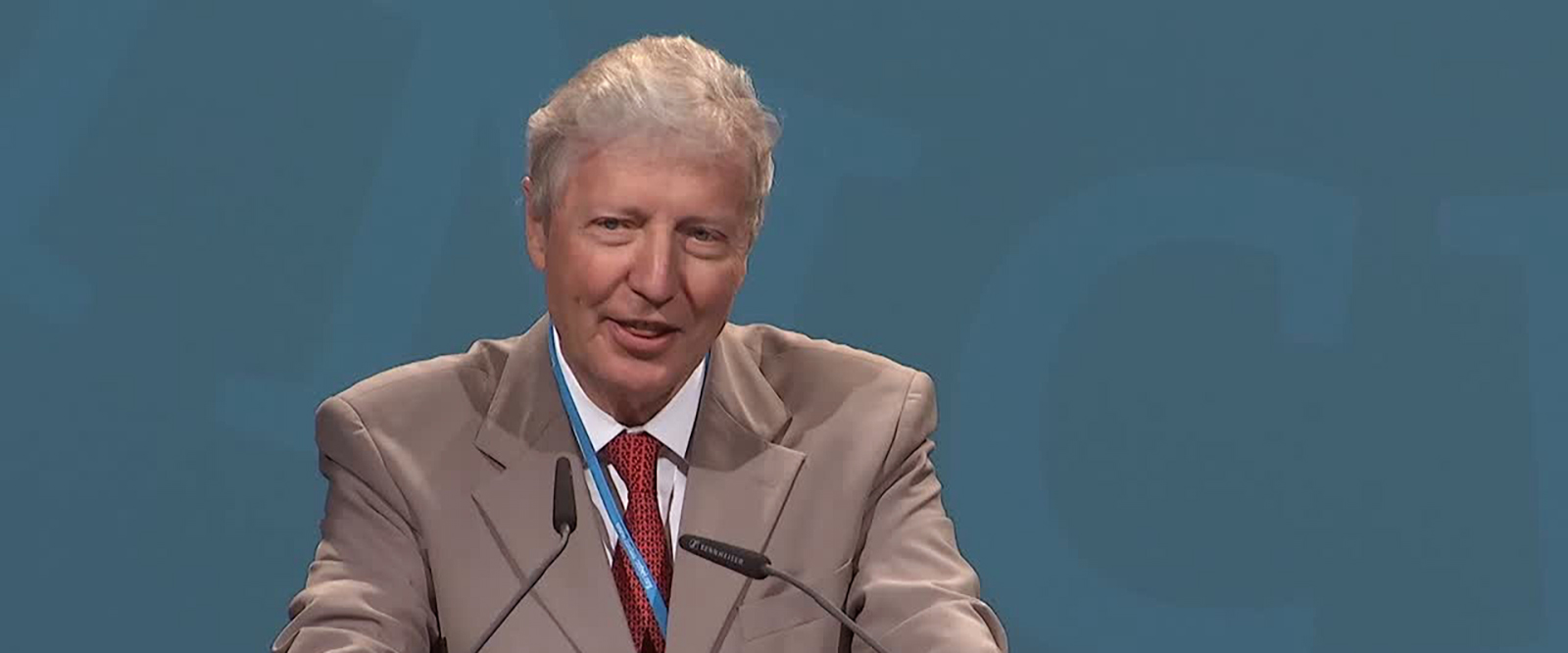
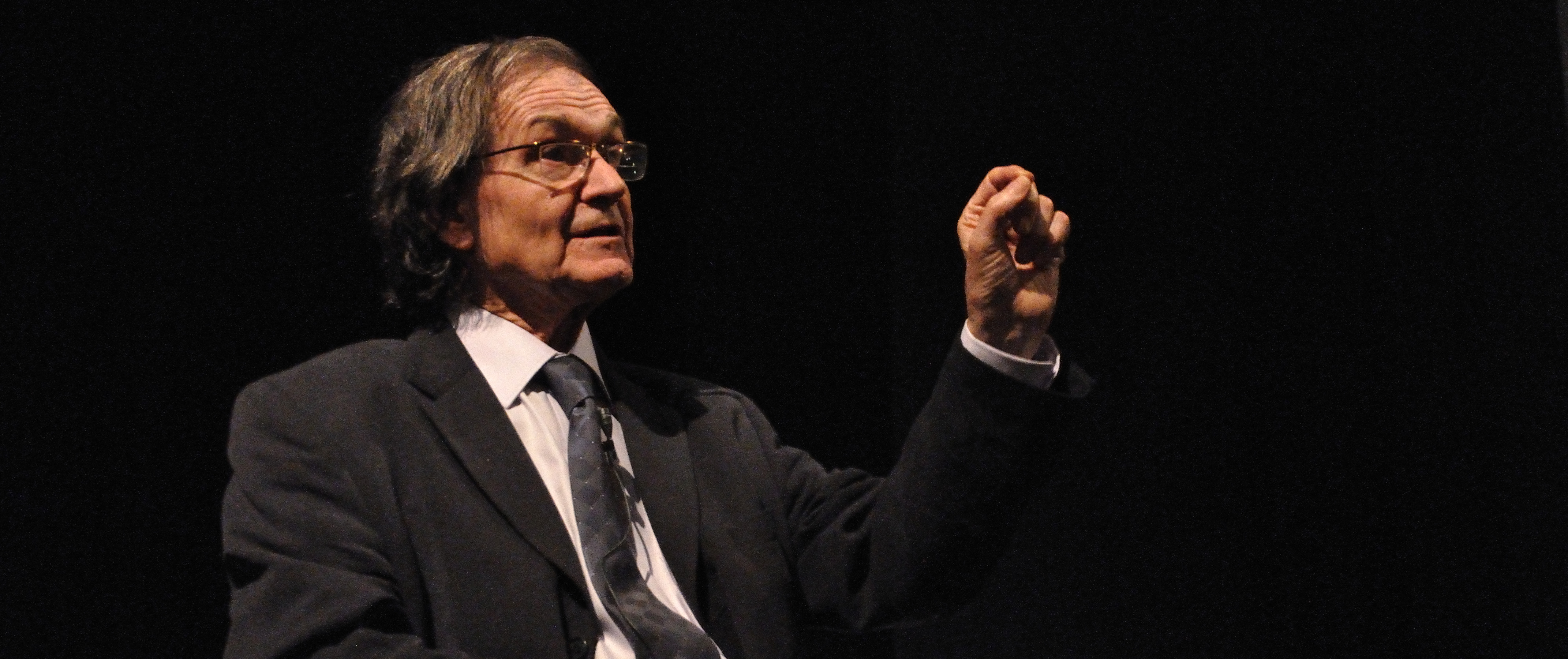
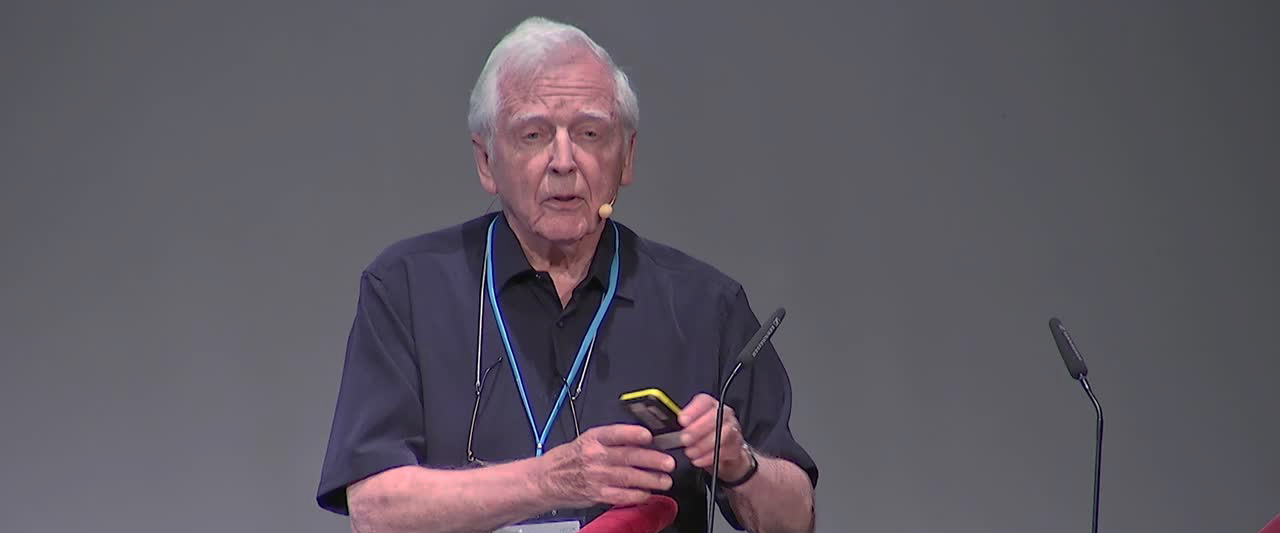
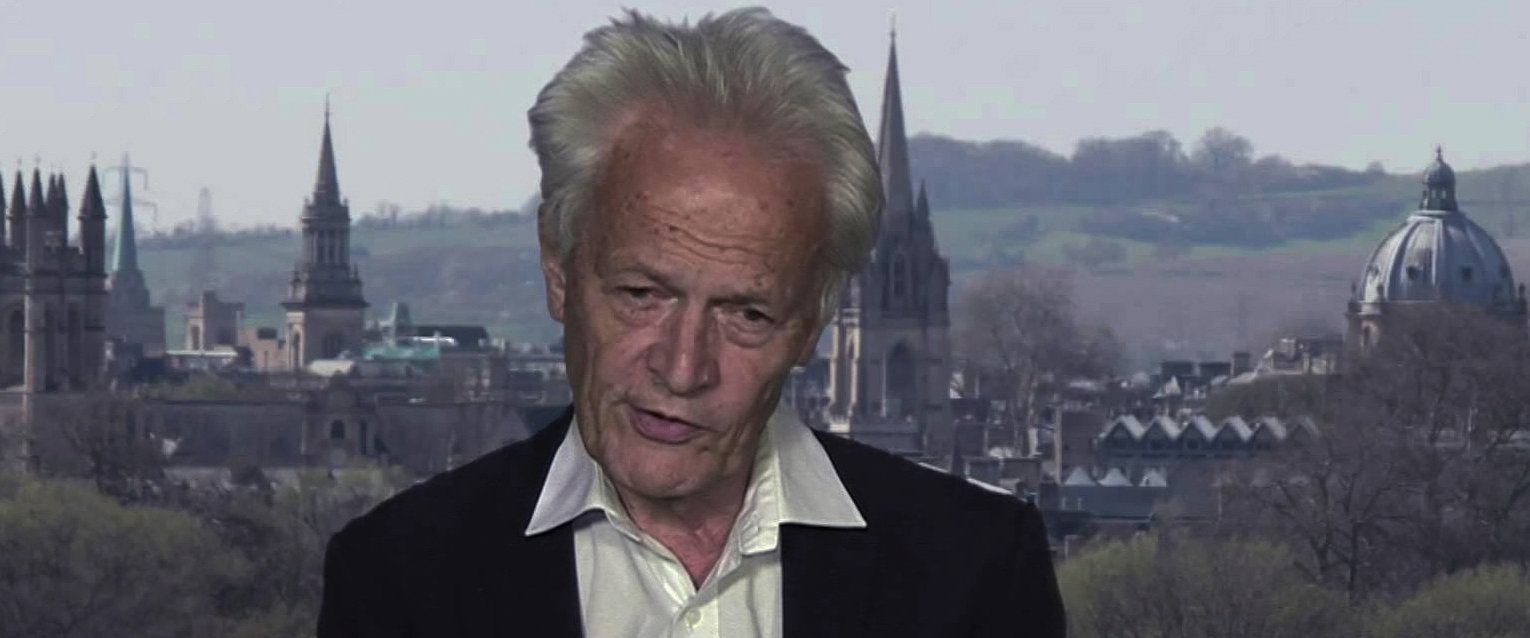
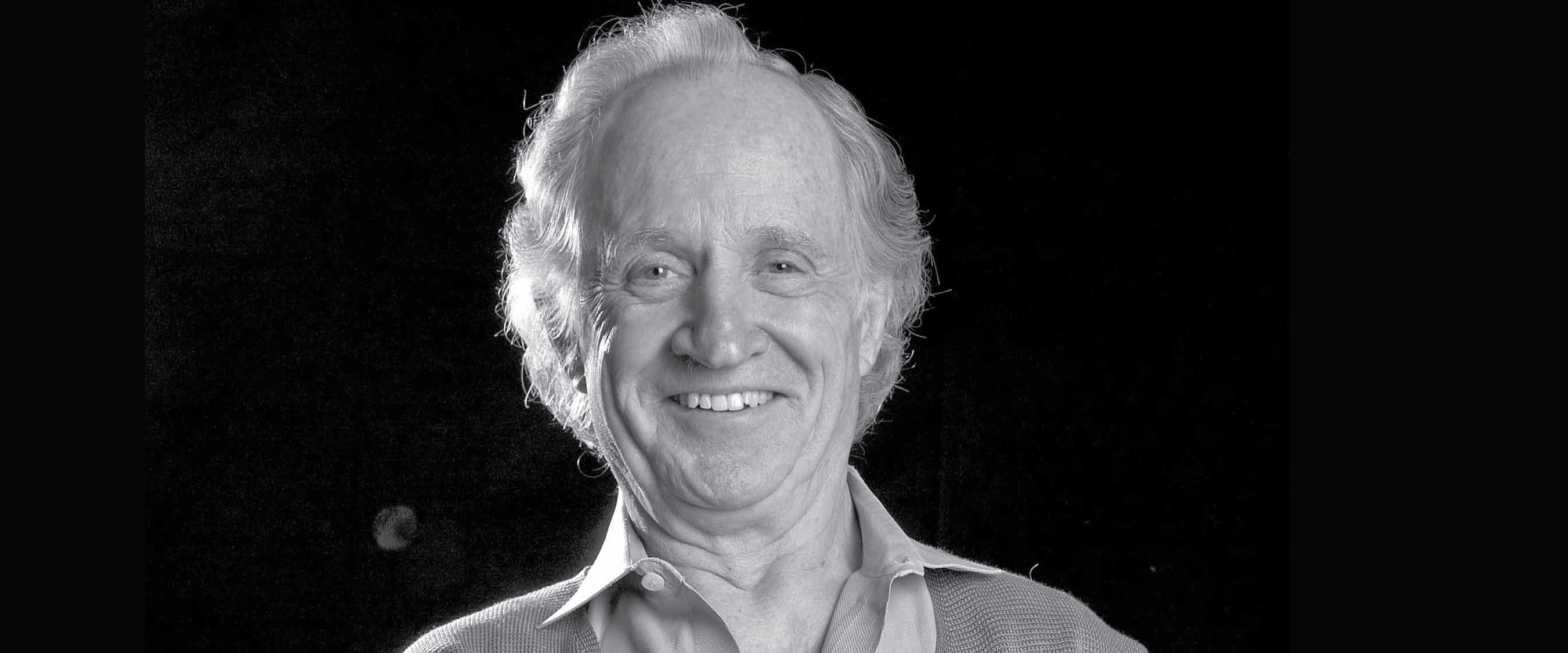
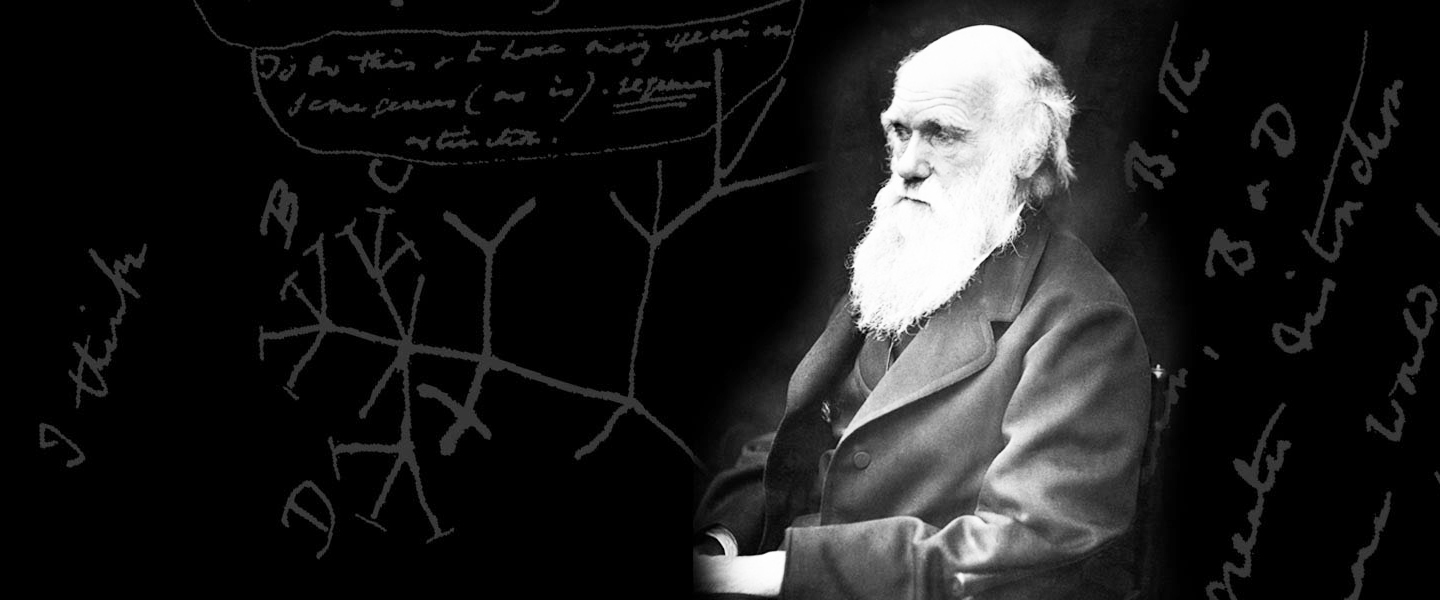



















 Articles
Articles